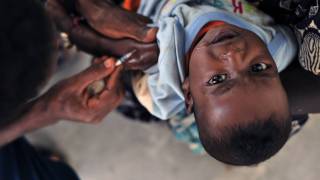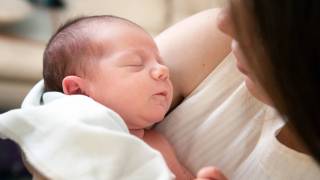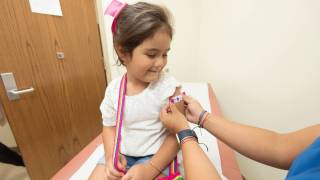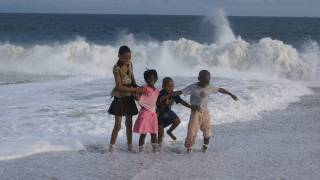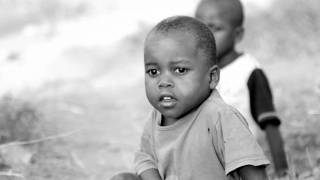Measles Outbreak Claims 70 Lives in the Philippines During 2019
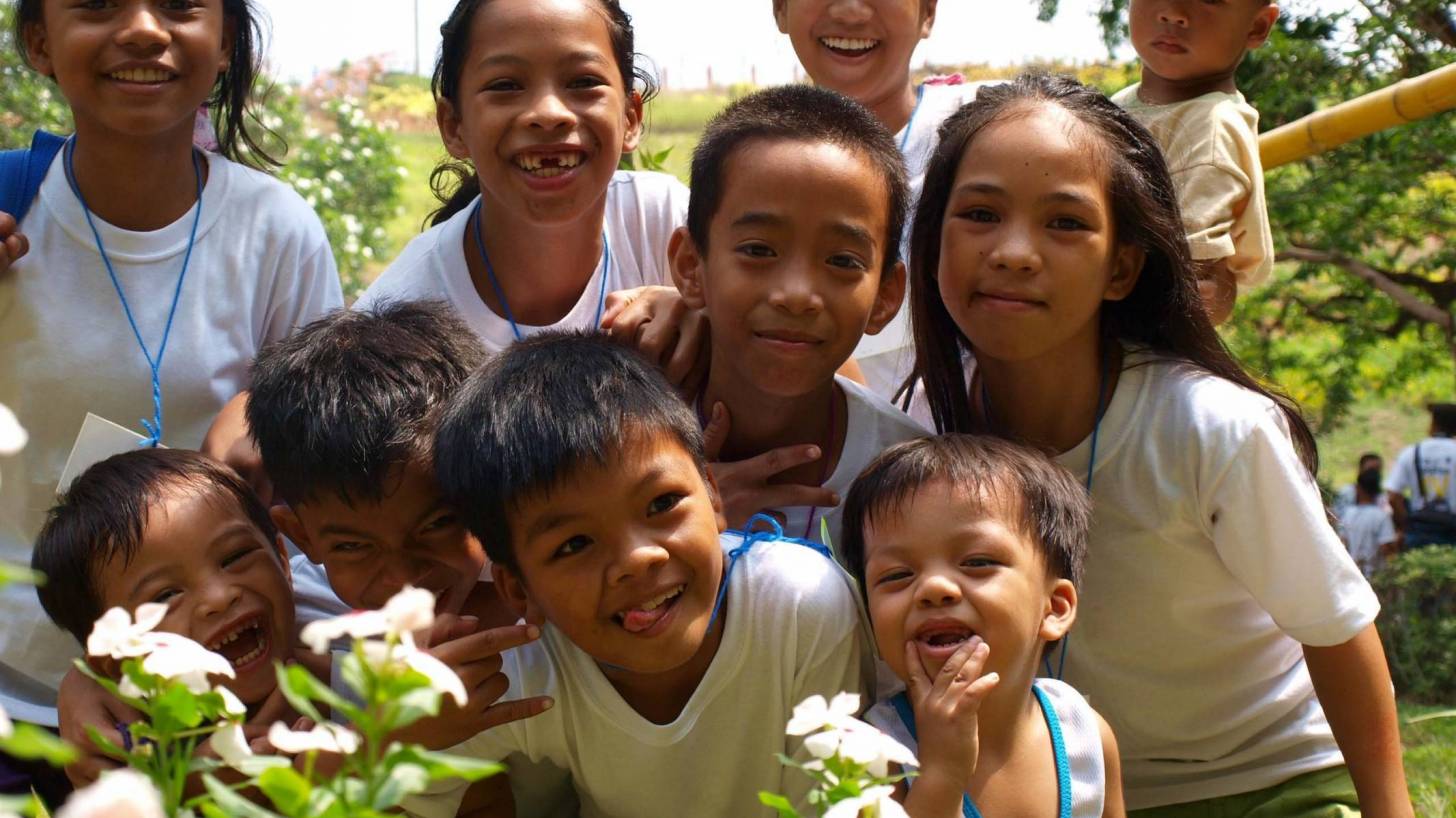
The ongoing measles outbreak in the Philippines during 2019 has reached over 4,300 cases and 70 deaths, as of February 9, 2019.
According to the World Health Organization, the Philippines Department of Health (DOH) reported 18,407 measles cases in 2018 compared to 2,428 cases in 2017.
This data reflects a nearly 8-fold increase in measles cases in the Philippines.
The WHO says the Philippines has seen a decline in the 1st dose of measles vaccine in the past decade – from above 80% in 2008 to below 70% in 2017.
The initial figures for 2018 indicate a further decrease.
As a result, many children have become susceptible to measles infection.
The WHO estimates that 2.6 million children under the age of 5 years in the Philippines are not protected from measles.
‘As long as routine immunization remains low in the Philippines, the country will experience periodic measles outbreaks,’ says the WHO.
Measles is a disease that can lead to serious complications, such as pneumonia. It is caused by a highly-contagious virus that is spread through the air by breathing, coughing, or sneezing.
During a measles outbreak setting, the WHO recommends children 6 months old and older should be vaccinated.
For those whose children are still less than 6 months of age, the best thing to do is to be vigilant of ongoing measles infection in the community and limiting the exposure of the child to anybody other than primary caregivers.
Parents must ensure that their older children are vaccinated against measles to also provide some protection, as they will be unable to pass the virus on to their infant brother or sister.
And, pregnant women who have not received the vaccine should take extra care to avoid exposure to possible infection.
If a woman is not immune to measles and becomes infected while pregnant, she may face the following risks:
- miscarriage or stillbirth
- the baby to be born prematurely (before the 37th week of pregnancy)
- the baby having a low birth weight.
But, a measles vaccination should not be given to a pregnant woman due to risks to the baby. In addition, women who get the measles vaccine should wait 4 weeks before getting pregnant, says the WHO.
To notify Americans when visiting the Philippines, the Centers for Disease Control and Prevention (CDC) issued a Level I Travel Alert during May 2018.
The CDC says travelers to the Philippines should make sure they are vaccinated against measles with the MMR (measles, mumps, and rubella) vaccine, and should speak with a healthcare provider regarding additional vaccinations.
In the USA, most pharmacies offer measles vaccines.
Two approved vaccines, MMR-II and ProQuad, both contain protection against measles.
The CDC Vaccine Price List provides the private sector MMR vaccine prices for general information, and vaccine discounts can be found here.
Vaccines, like any medicine, can have side effects, says the CDC. You are encouraged to report negative side effects of vaccines to the FDA or CDC.
Our Trust Standards: Medical Advisory Committee








